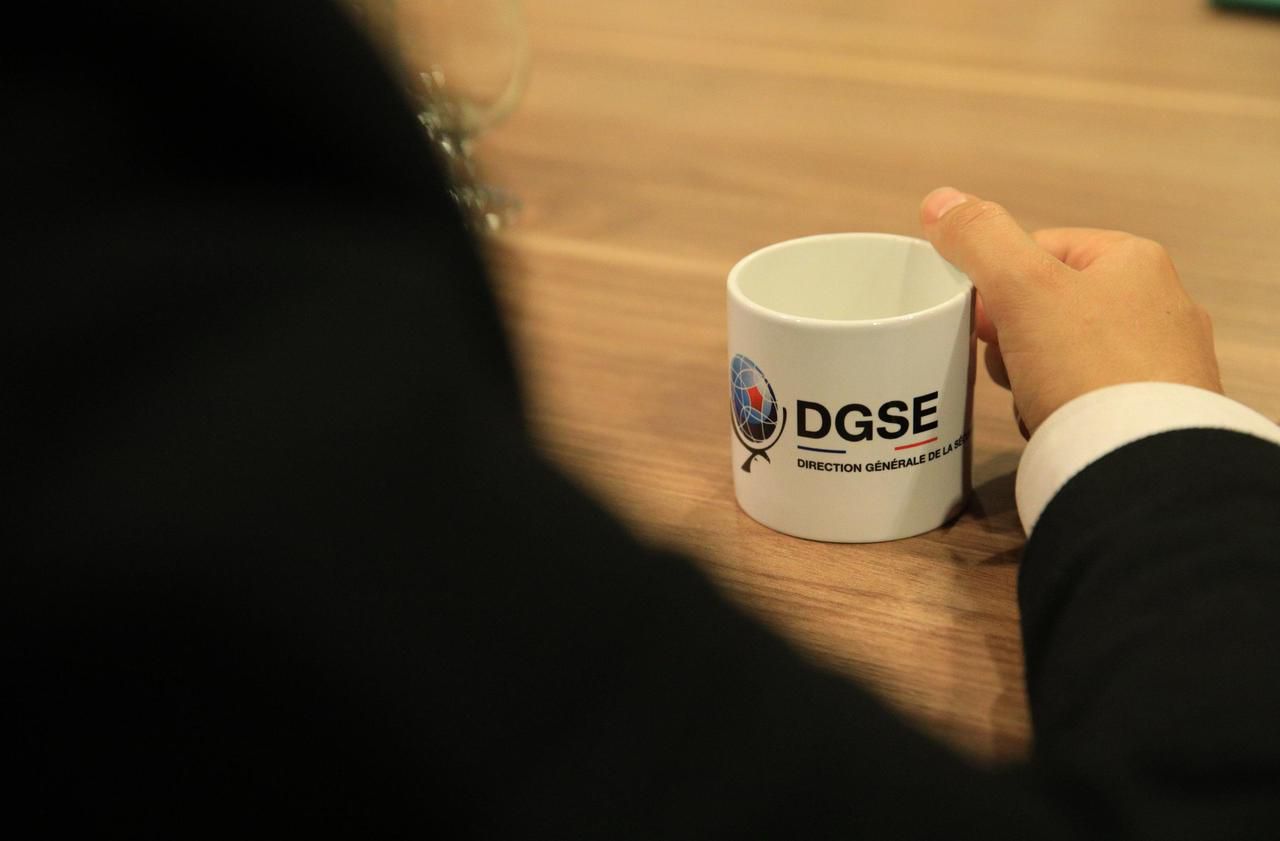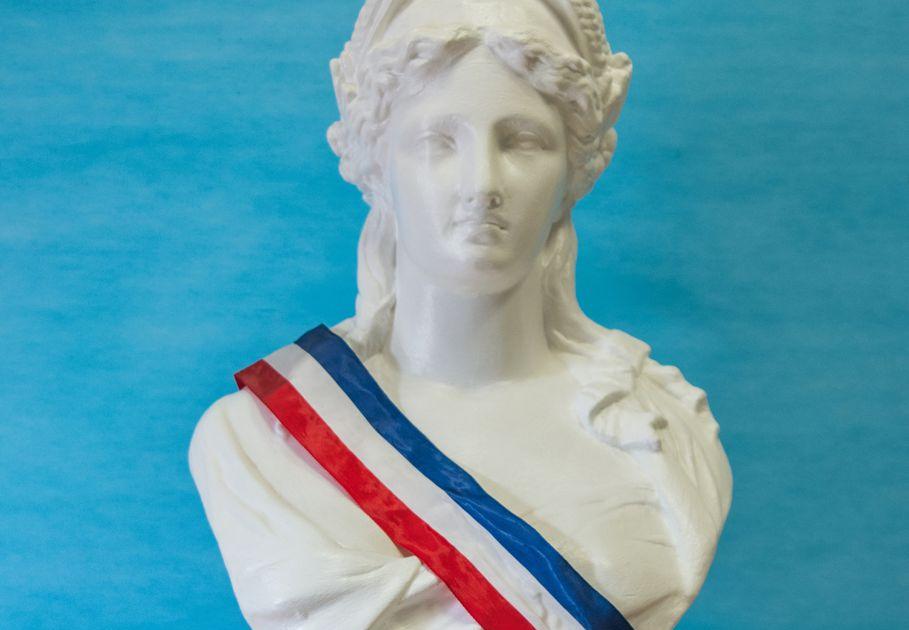In the intelligence community, they are called "blue rats." Or more simply "moles" or "traitors". So many disgraceful qualifiers to designate these secret agents recruited by a foreign service and "returned" against their country. A figure that has fueled many novels and spy films…
From this Monday, the Paris Assize Court specializing in military matters examines an improbable case of treason which goes beyond fiction: Henri M., 73, and Pierre-Marie H., 68, are on trial for having too much rubbed with China. These two former agents of the highly confidential Directorate General of External Security (DGSE) are accused of having provided information and documents, many of which were classified as secret defense, for remuneration, to the Chinese intelligence services. A third accused, the wife of Pierre-Marie H., also appears for having benefited from this juicy occult pact.
The two ex-spies face fifteen years in prison for "delivering information to the foreign power that is harmful to the nation", "intelligence with a foreign power", "compromising the secrecy of national defense" ...
The holding of such a trial for espionage is extremely rare. Intelligence services usually settle cases of agents returned internally or through diplomatic channels, far from the eyes of the justice system. The latter also plans to impose a closed session due to the sensitivity of the case, thus missing the opportunity to shed light on an unrecognized threat from the French: foreign interference. Diffuse threat whose consequences on the economy, sovereignty or even French know-how can be heavy.
The Henri M. and Pierre-Marie H. affair spanned nearly twenty years. The two deposed officers were allegedly recruited by the Chinese services in two stages. "These approaches were made against a backdrop of financial difficulties and professional frustration, but probably also by appealing to the mainspring of seduction," confides a person close to the investigation.
The Spy Who Loved a Chinese Woman
After climbing the ladder at the DGSE, Henri M., a sinologist and a graduate in oriental languages, was propelled to the end of the 1990s as head of the French secret service post in Beijing. He settled there without his wife, who remained in mainland France. The officer quickly fell under the spell of the interpreter of the French ambassador to China - at the time Pierre Morel.
Problem: this young Chinese girl would report her activities to the powerful Ministry of State Security (MSE), the main Chinese intelligence service, also known as Guoanbu. Henri M. is suspected of having started a collaboration with the spies of the Middle Kingdom. However, he has access to a lot of sensitive information concerning the French networks established in Asia, the identity of undercover agents and their methods. The DGSE therefore decided to discard it discreetly in 2000, without bringing the case to justice.
Pierre-Marie H., obsessed with Freemasonry
Henri M. ended up settling with his lover on the Chinese island of Hainan, in troubled conditions. When his love story was revealed in 2010 in the book "Les Diplomates", by Franck Renaud, the former spy strongly denied having defected from the French army with the protection of the Chinese authorities. According to the specialist letter Intelligence Online, Henri M. takes up the pen on a website reserved for expatriates to present himself "as a pensioner from the administration" who can return as he pleases in France ...
Newsletter - Essential news
Every morning, the news seen by Le ParisienI'm registering
Your email address is collected by Le Parisien to allow you to receive our news and commercial offers. Find out more
But the business rebounds years later, when Pierre-Marie H. appears in turn in the radars. Described as a hardened Catholic and a patriot, the agent from Burgundy laments seeing his career stagnate at the DGSE. Rather than sending him to the field, his hierarchy assigns this civilian behind a desk to take care of less glorious administrative tasks. He is criticized in particular for his obsession with Freemasonry. In addition, he is plagued by financial difficulties.
It is in this context that justice suspects Henri M., then retired, of having contributed to the recruitment of Pierre-Marie H., still in activity, within the Chinese services, by serving as an intermediary. The two men met in the 1990s at the Centrale, the headquarters of foreign intelligence in Paris.
According to the investigation, Pierre-Marie H. went regularly to Mauritius and Asia to deliver sensitive information to his agent treating Guoanbu. Without us knowing what nature. He then left with large cash funds. This roundabout would have continued, including after his turn to retire in 2016: the double agent would have got into the habit of asking former colleagues to try to collect enough to satisfy his contact…
The patriotic candidate of the far right
In spring 2017, the former boss of the DGSE Bernard Bajolet finally reported the actions of his two former spies to the Paris prosecutor, given the seriousness of the facts. The investigations are carried out by the police from the Directorate General for Internal Security (DGSI), the department responsible for counterintelligence in France.
In December, the investigators arrested Henri M., Pierre-Marie H. and Laurence H., the latter's wife. Officially, the first had converted to import-export and managed a consulting company for French companies wishing to establish themselves in China. The second, he had run for legislative elections in Saône-et-Loire under the far-right label.
PODCAST. Haurus, the DGSI ripou, sold confidential information on the Darknet
After the police custody, the two men are imprisoned in Fresnes and Fleury-Mérogis. Henri M. has since been released under judicial supervision. No lawyer for the three accused wished to speak before the trial. "This case illustrates the acuteness of the threat of espionage, which is far less visible than the terrorist threat. It emanates from many departments with very aggressive behavior, notes a senior civil servant. It also reveals that the penetration of French intelligence services, and more generally of the sovereign sphere, still remains the priority of foreign services. Of the 22,000 people subject to surveillance in France, around 18% are under counter-interference.









